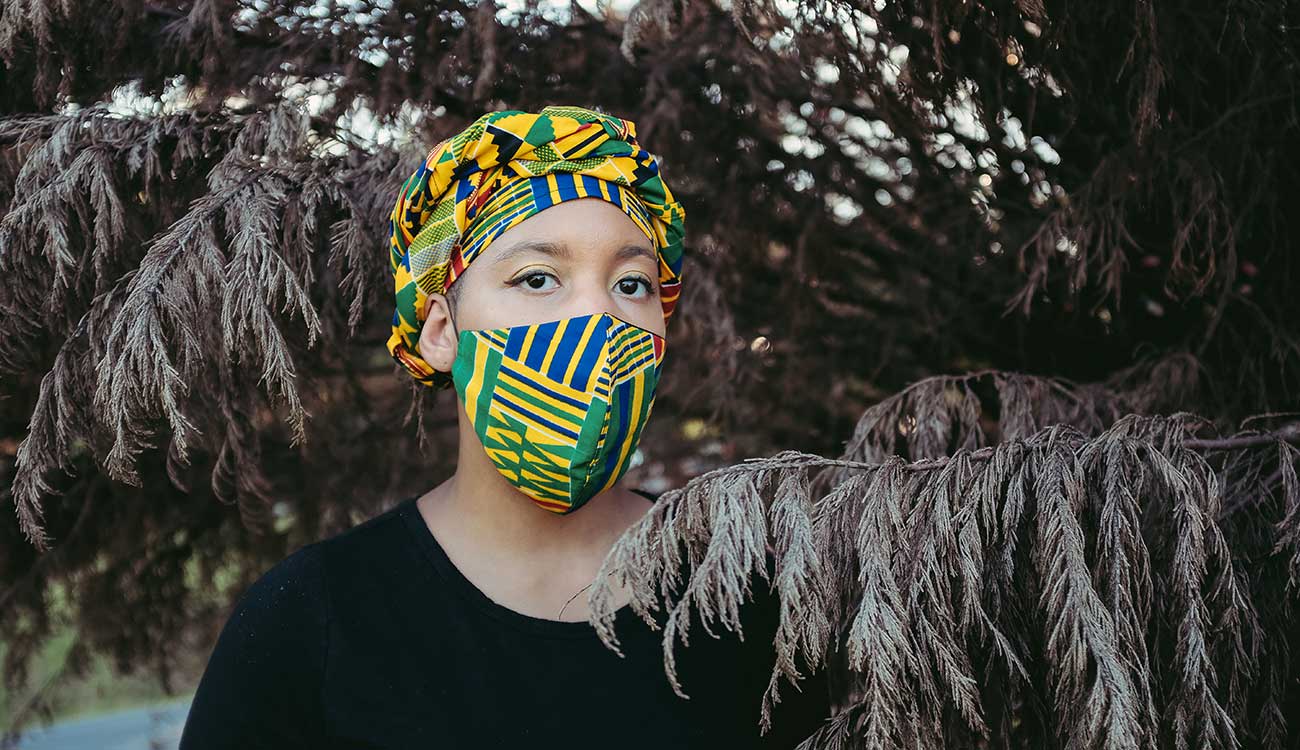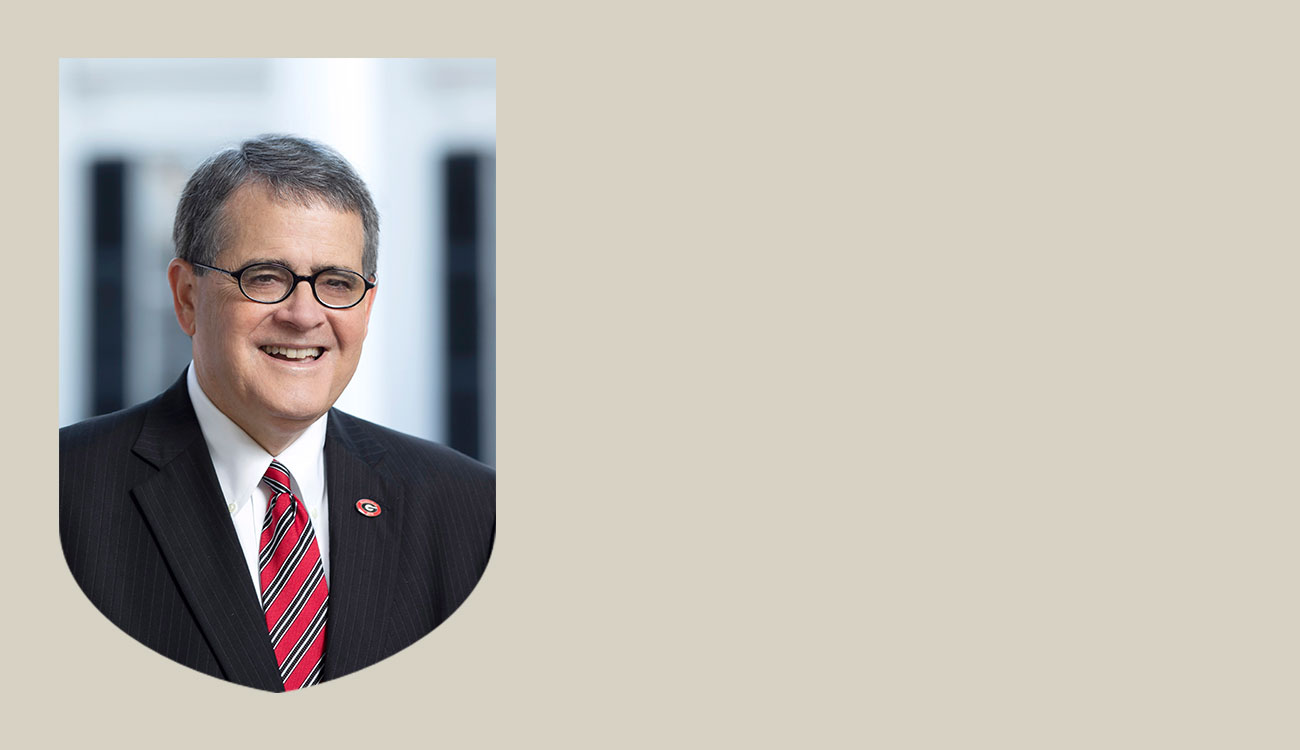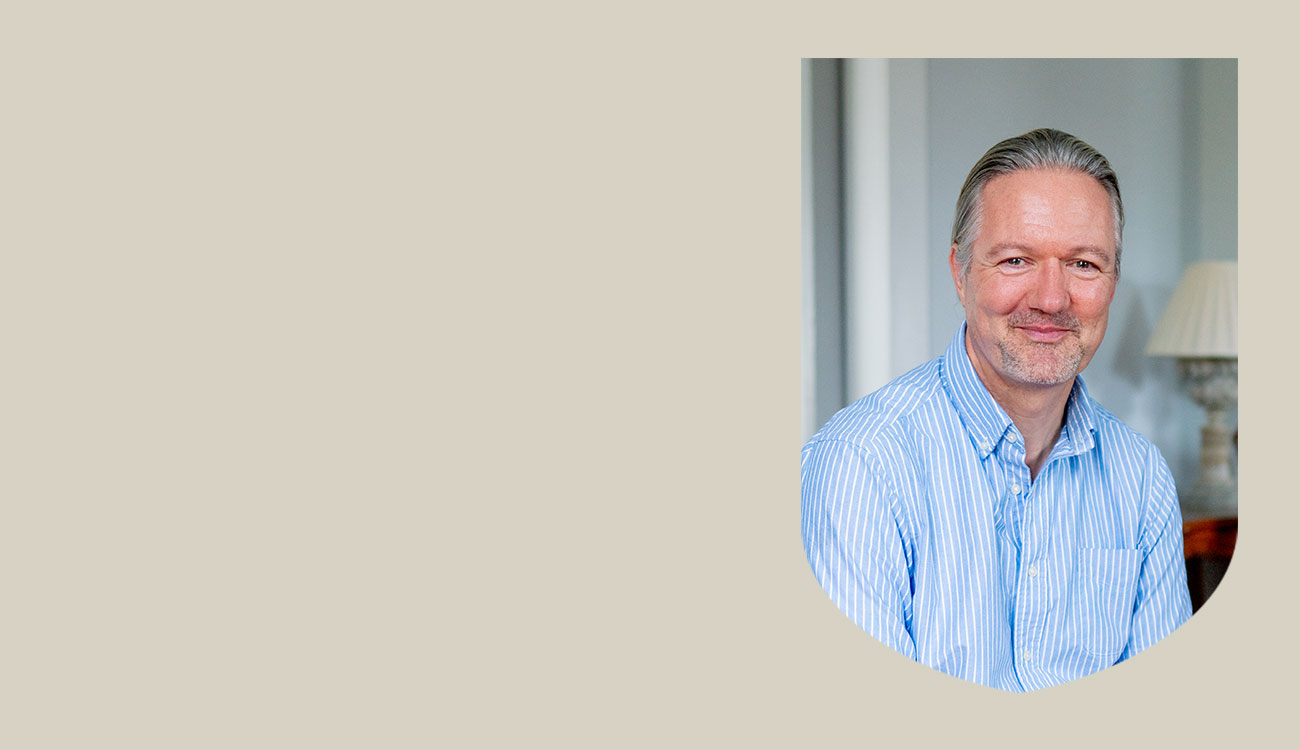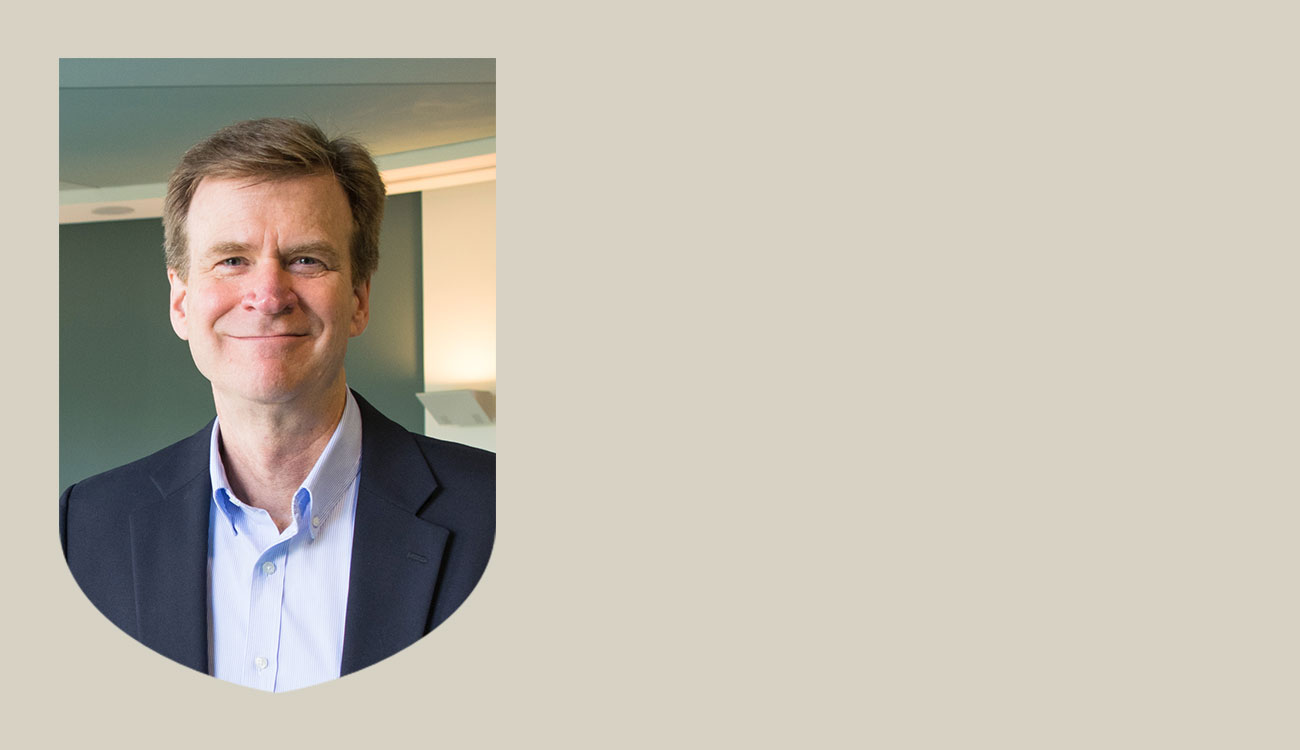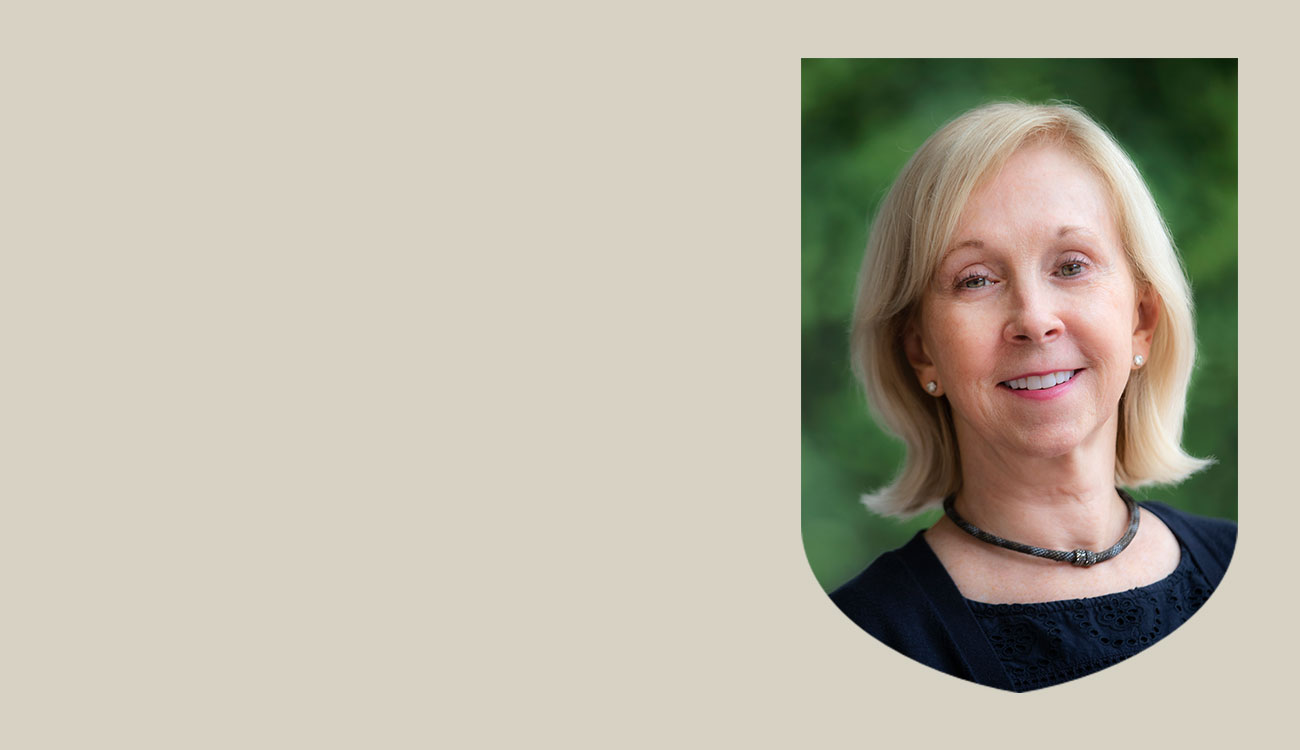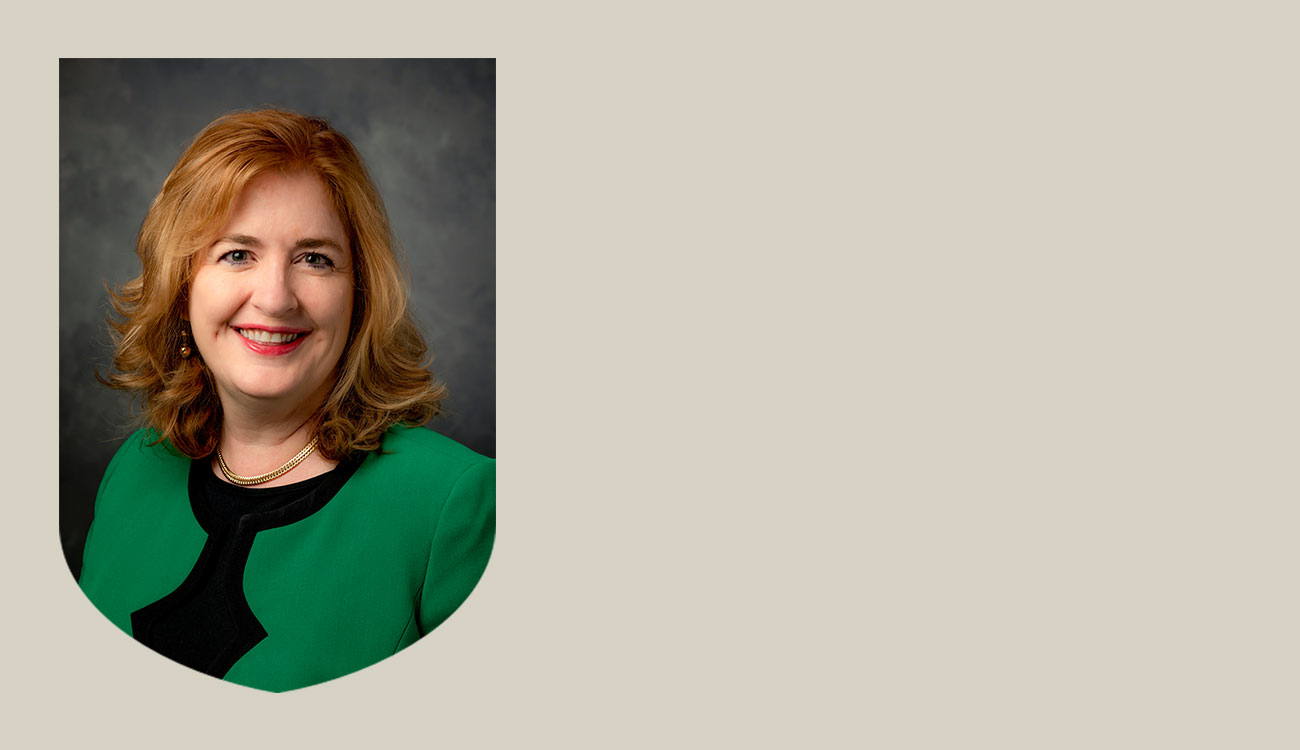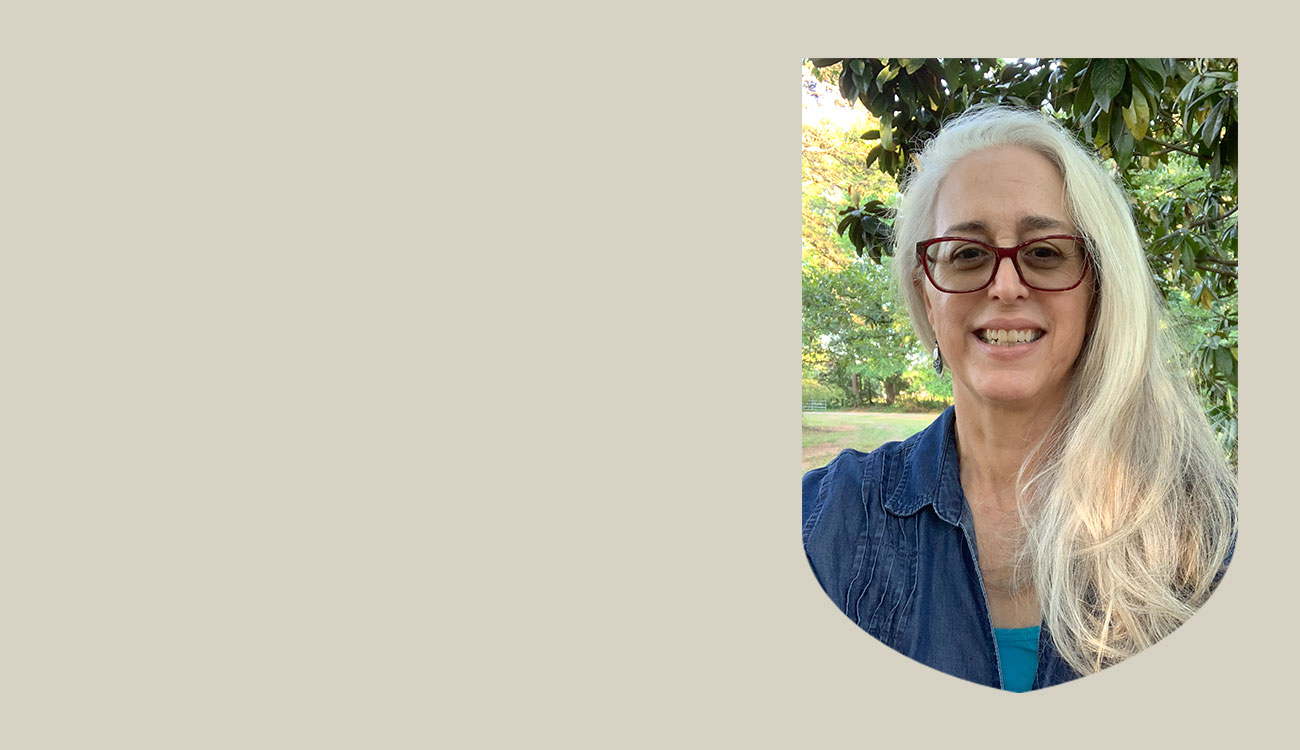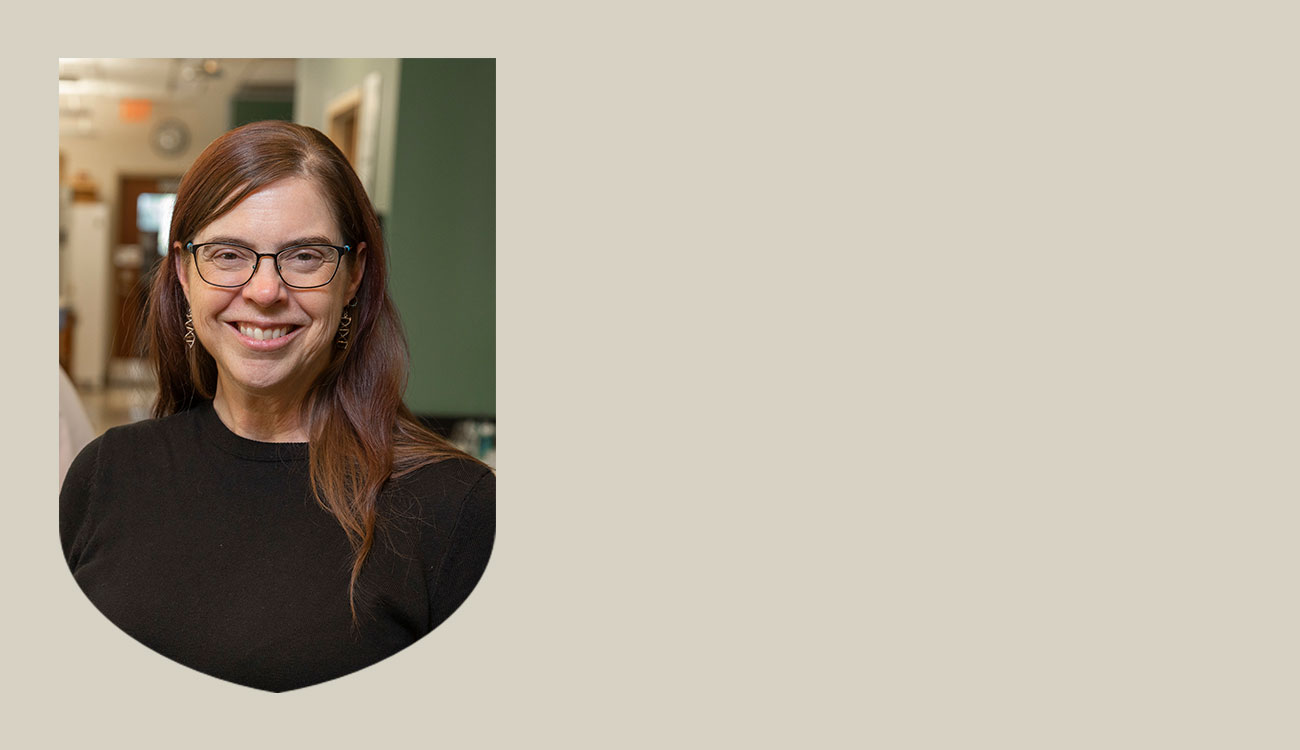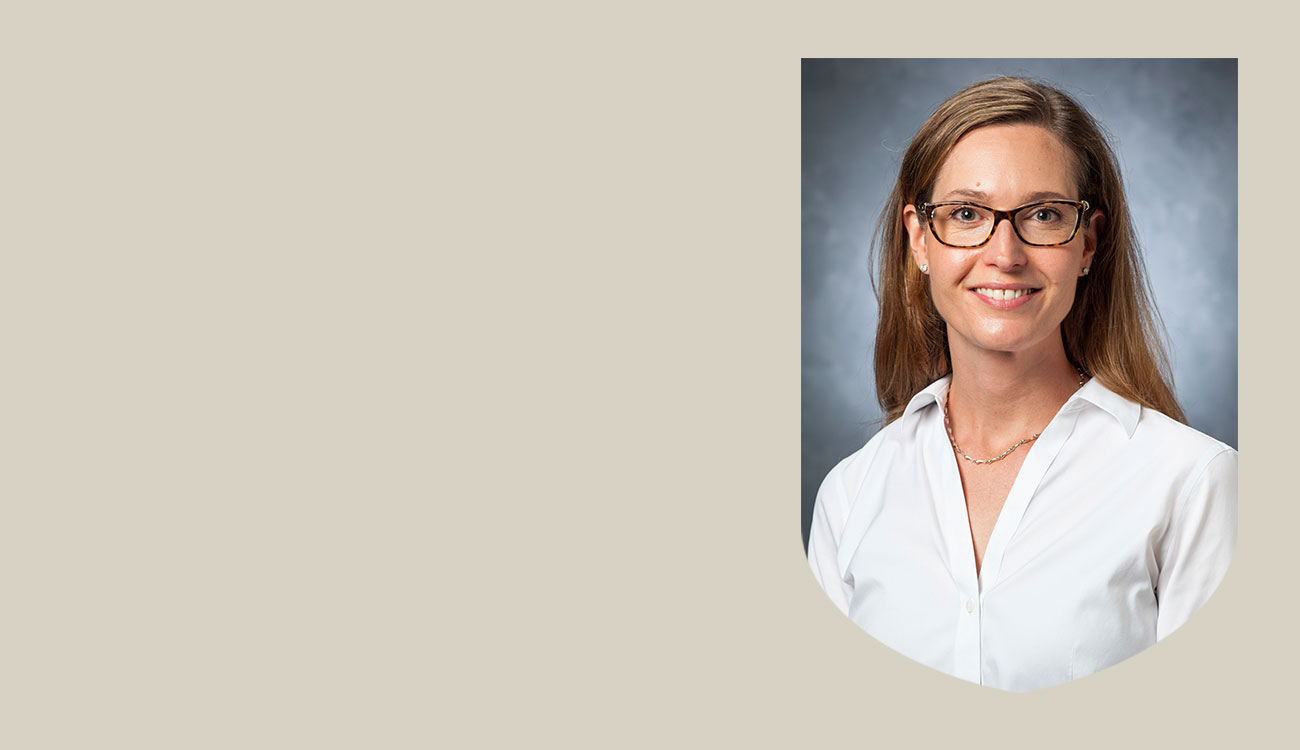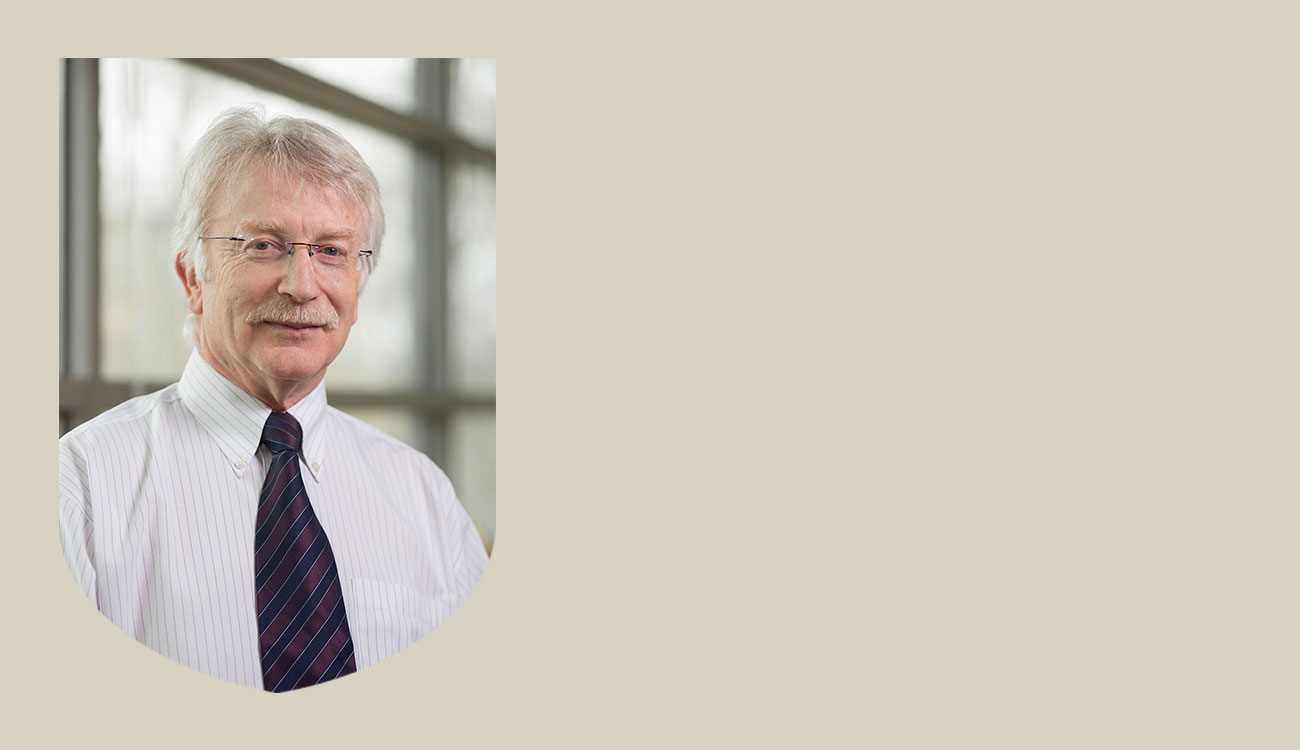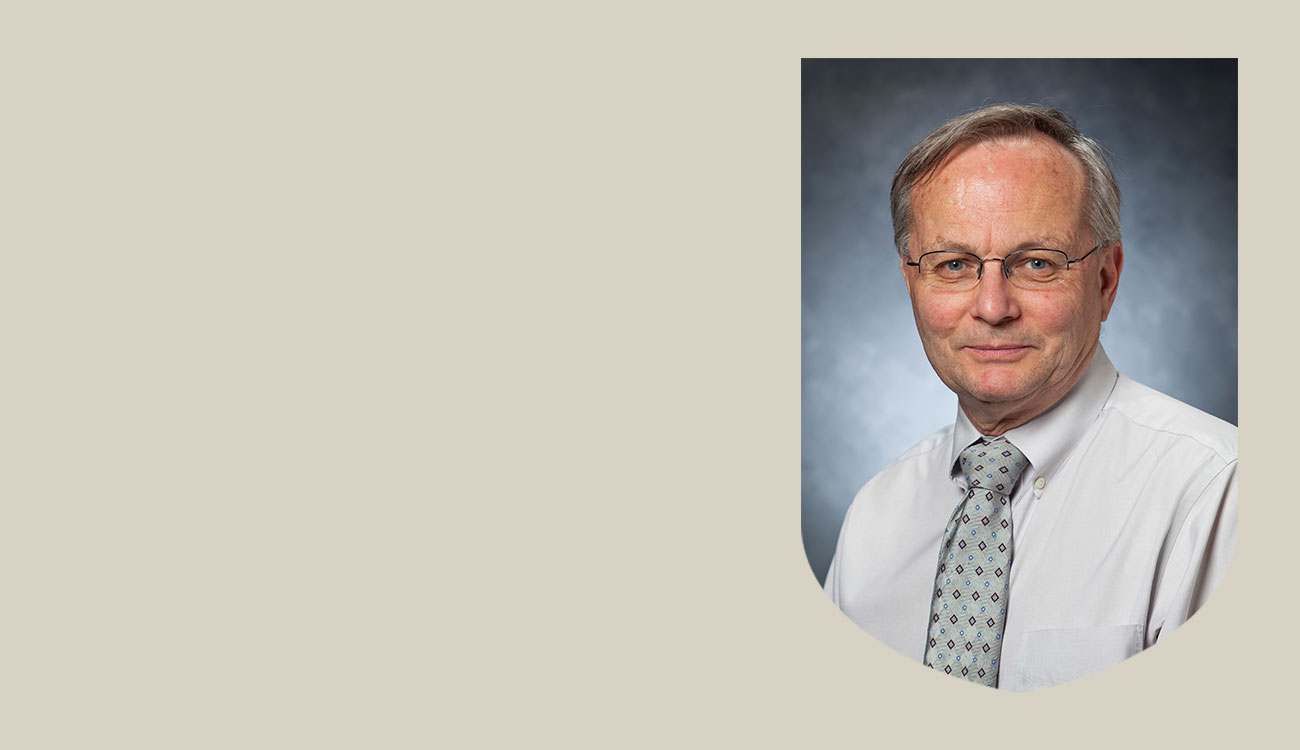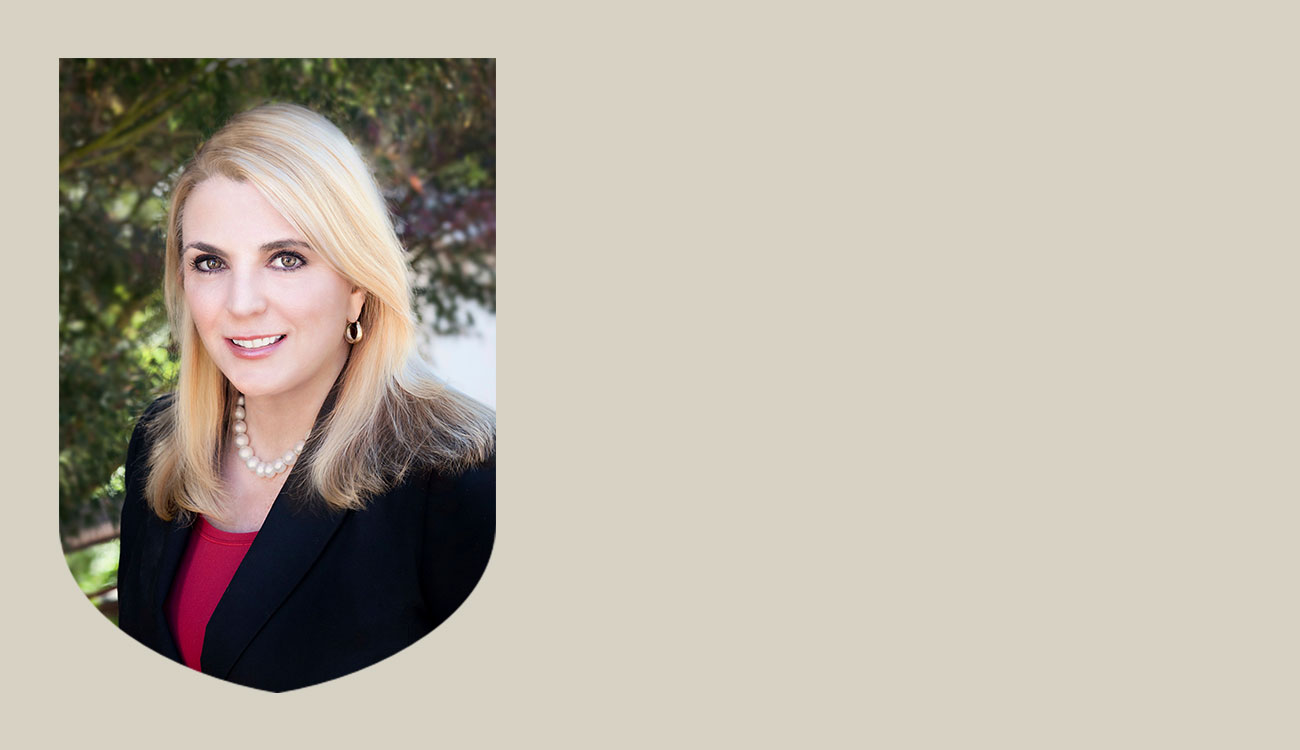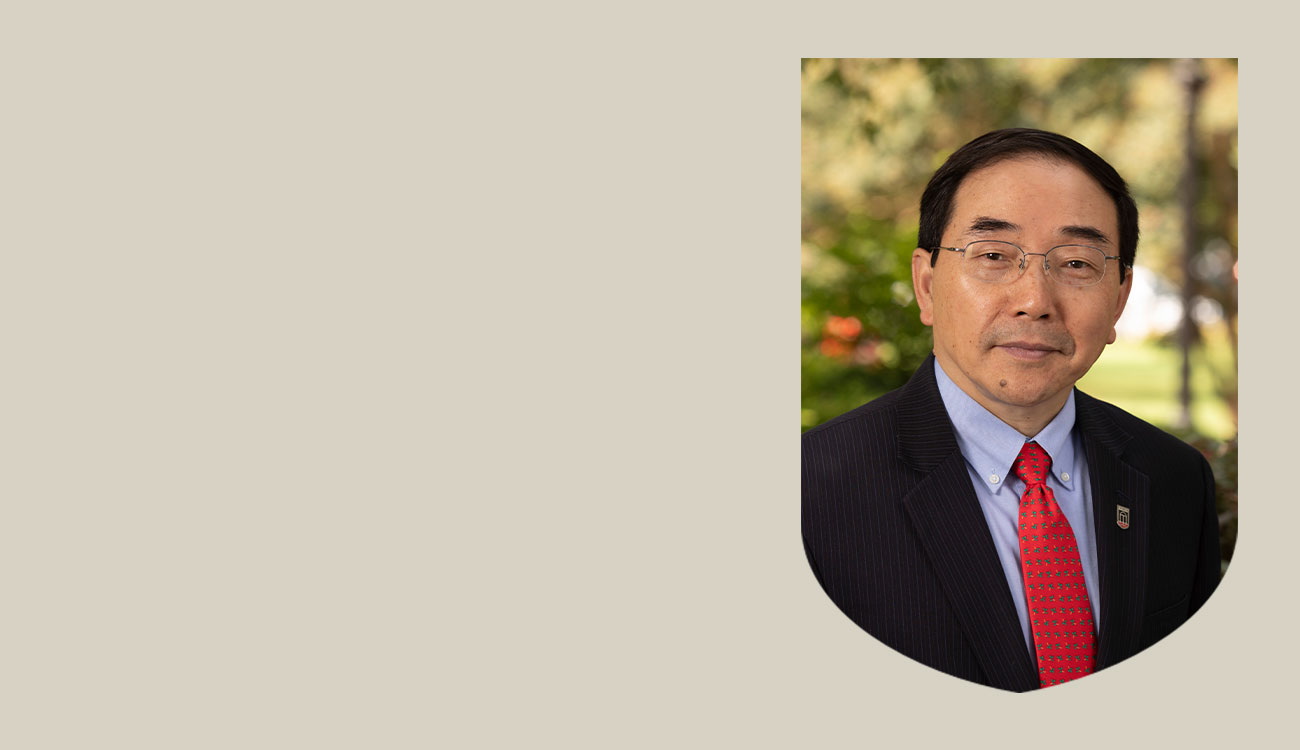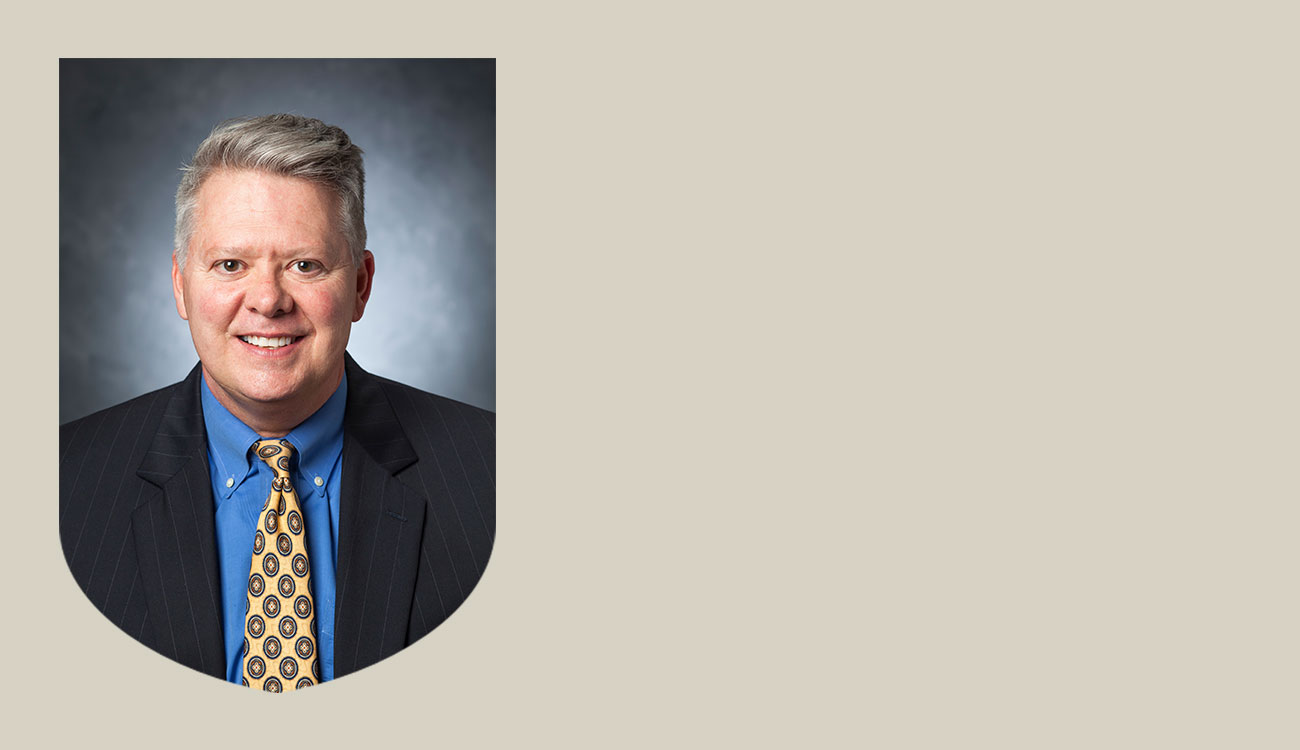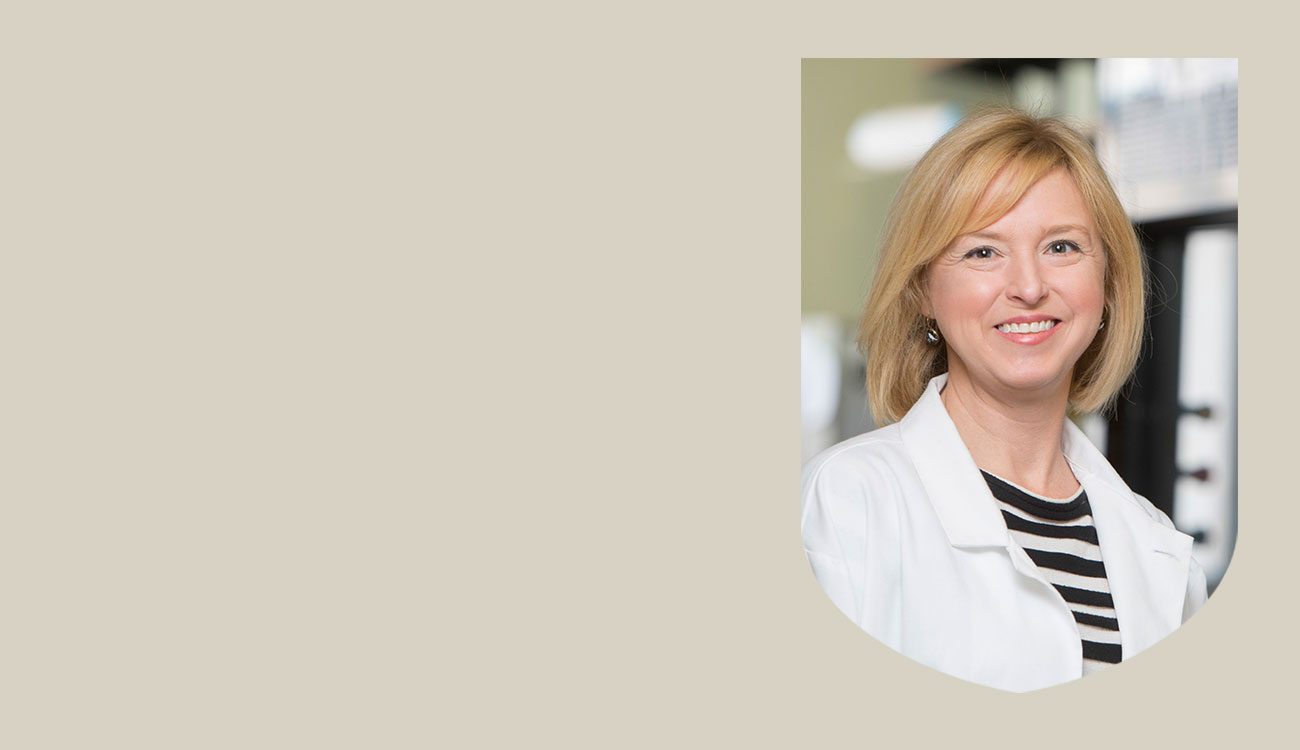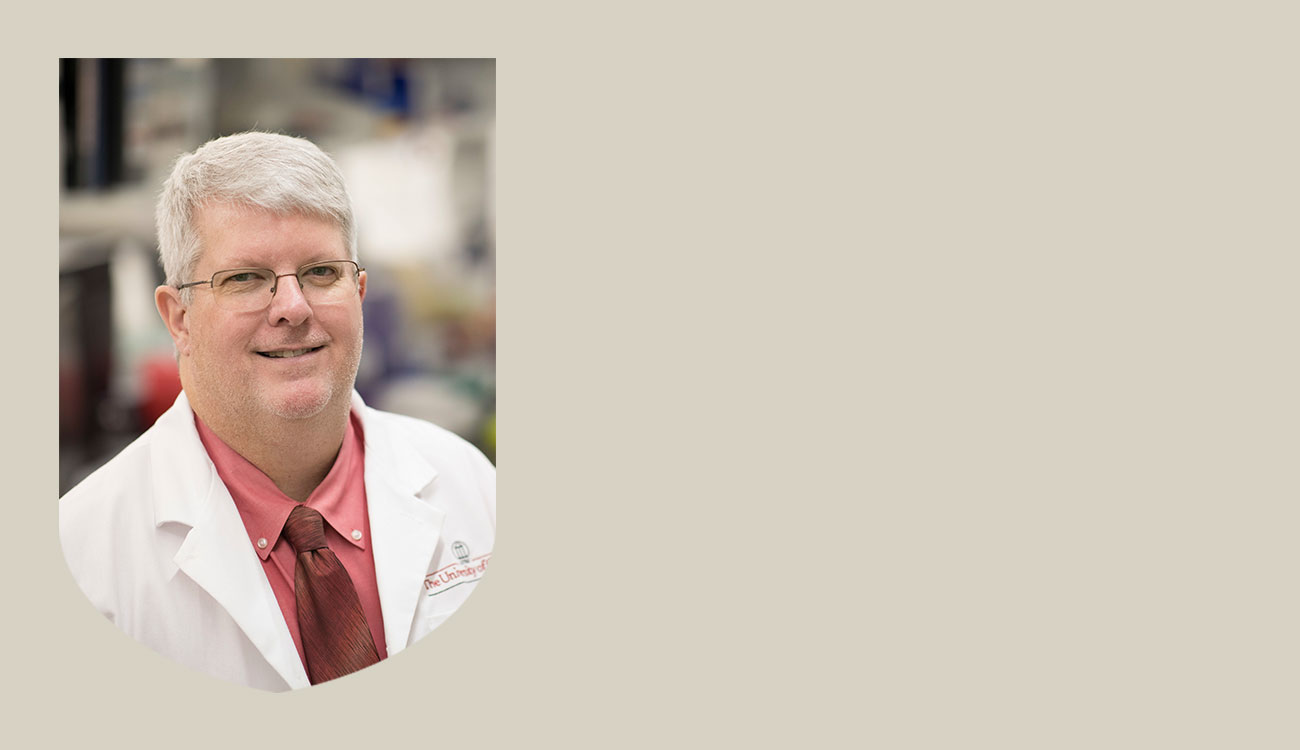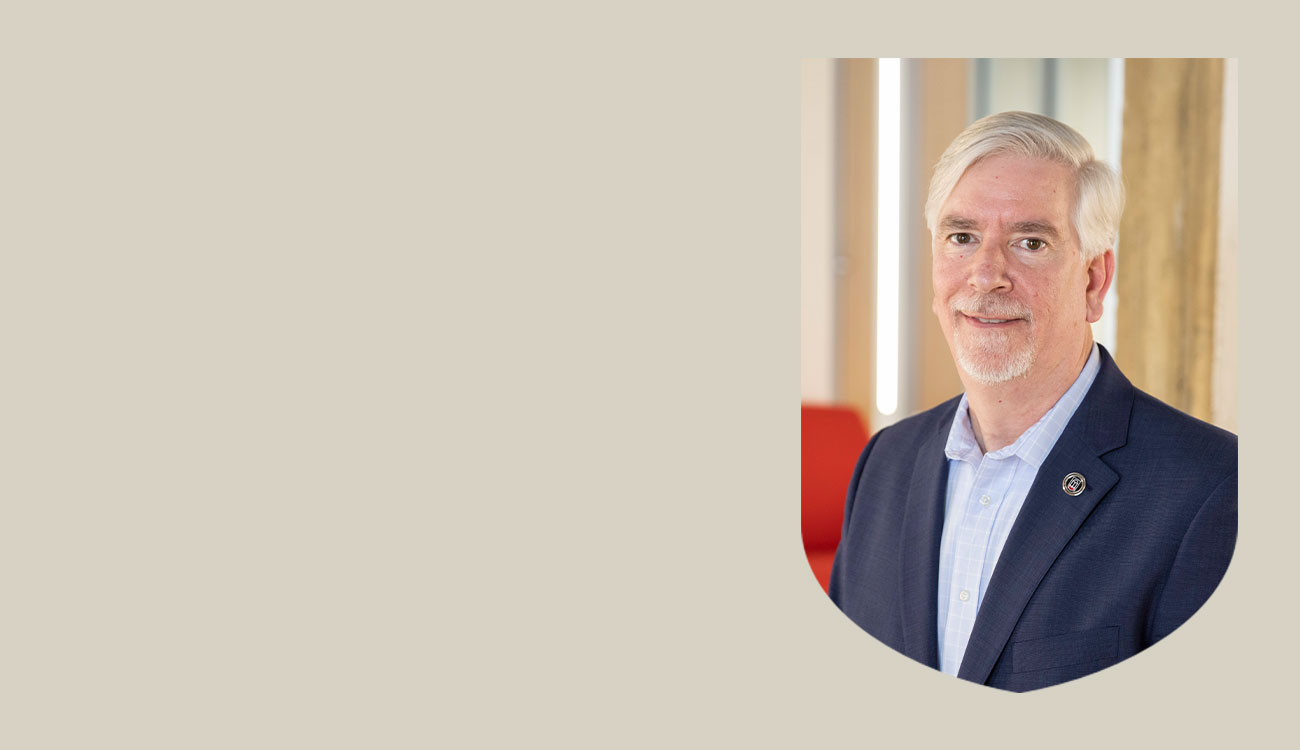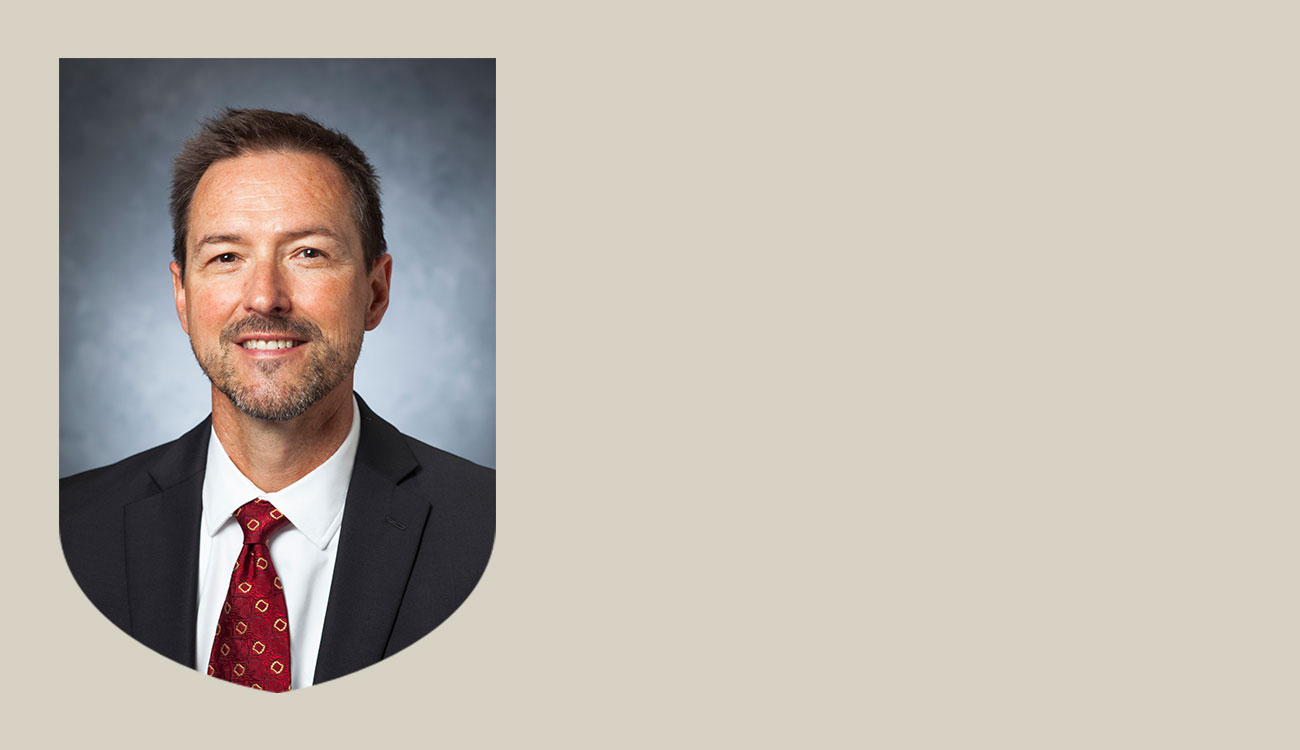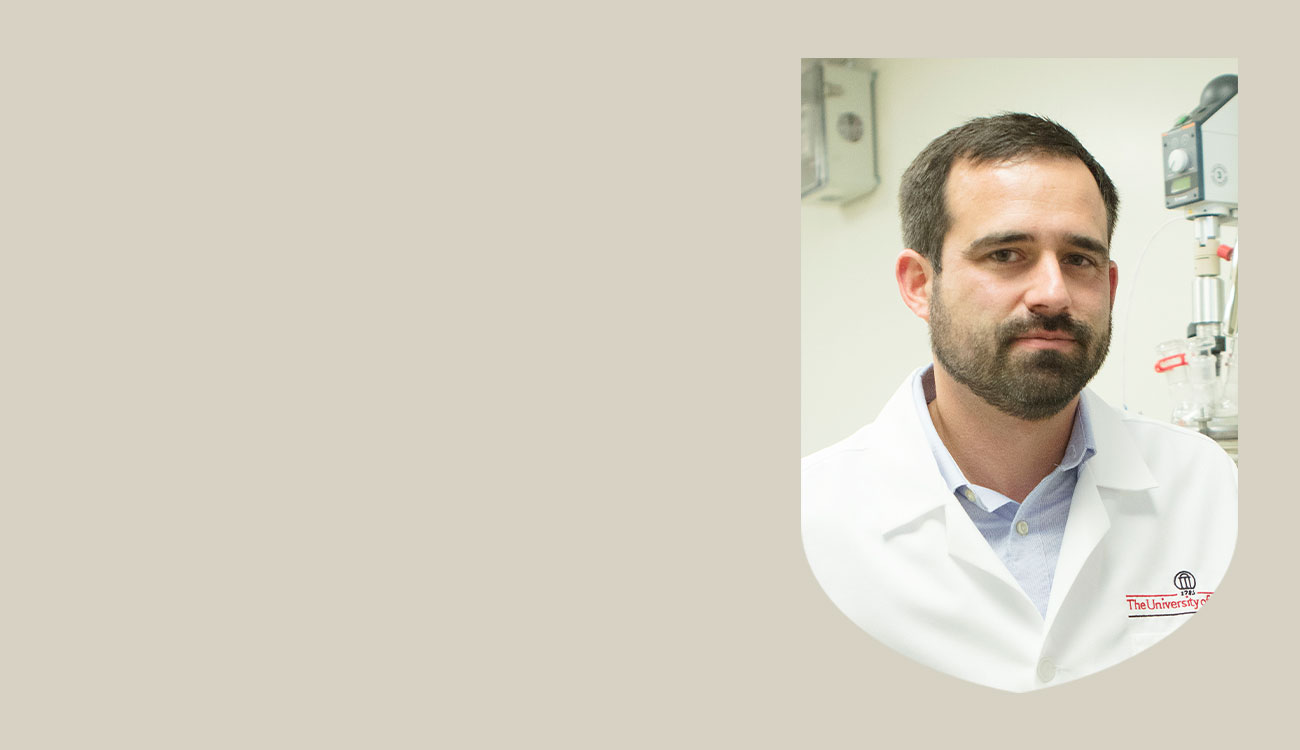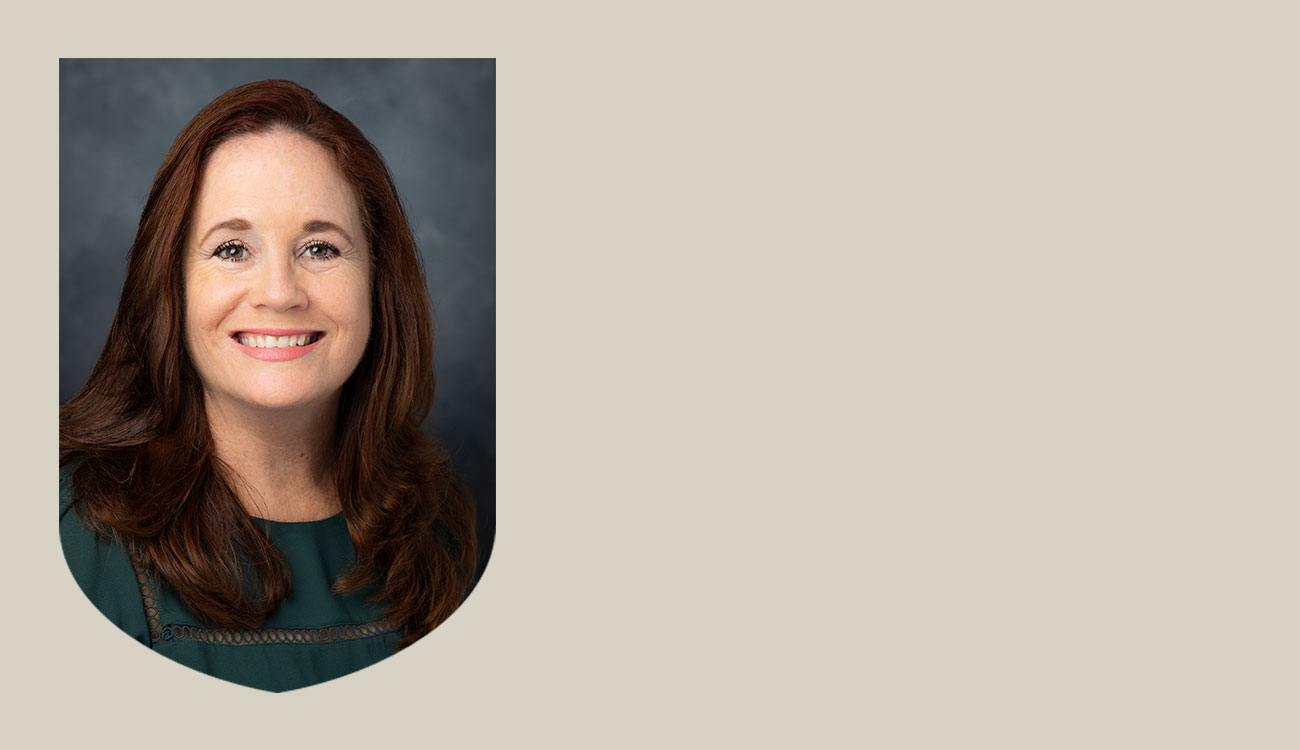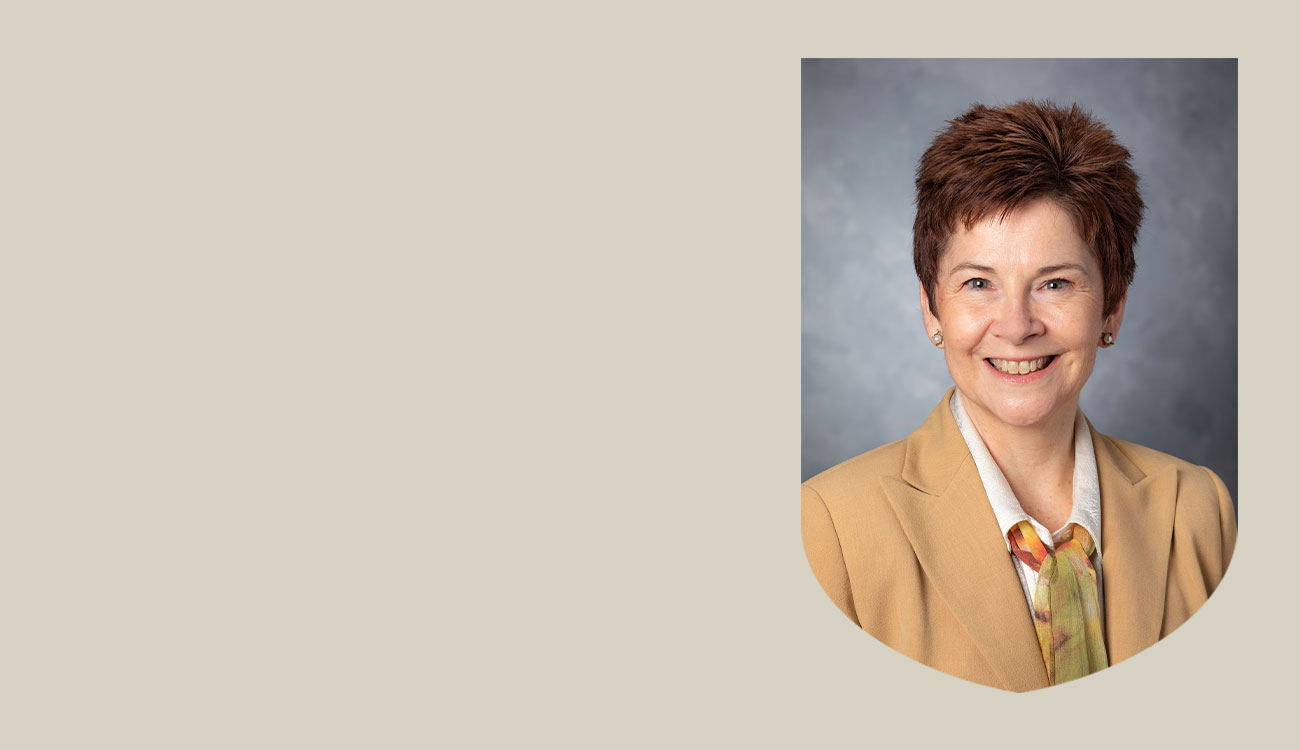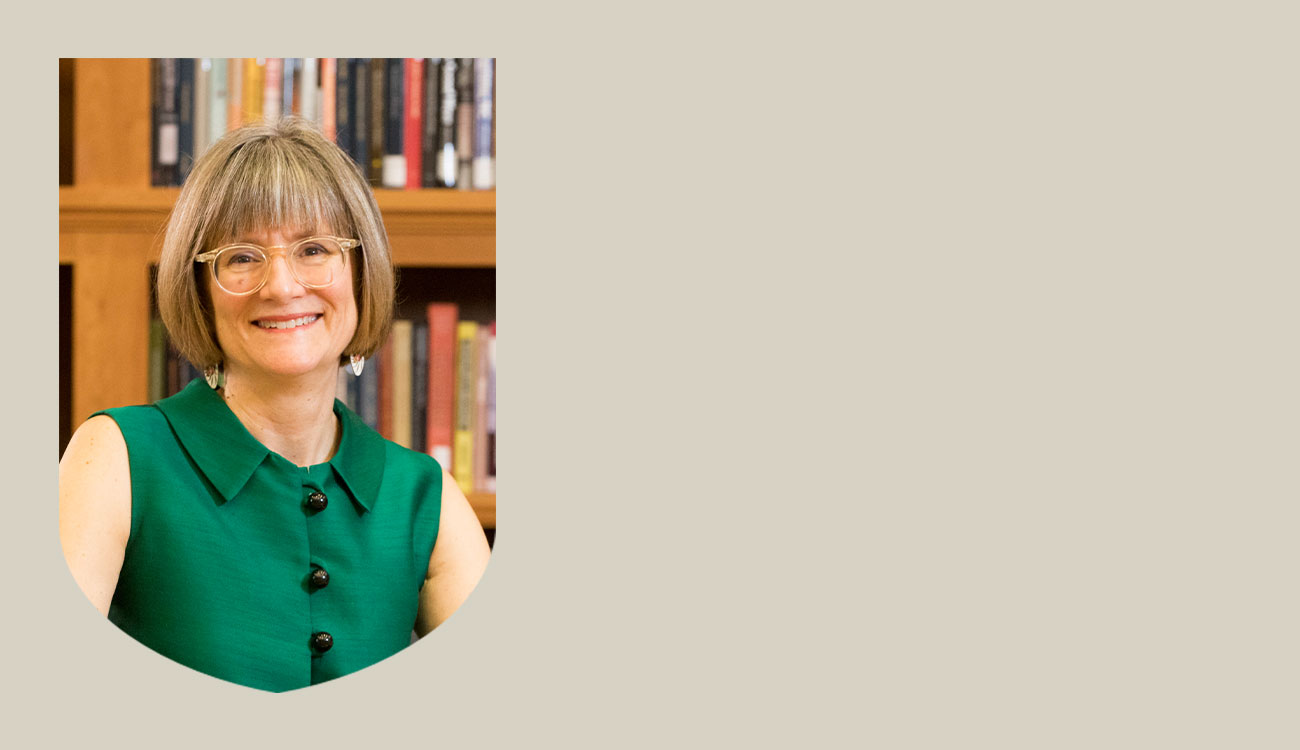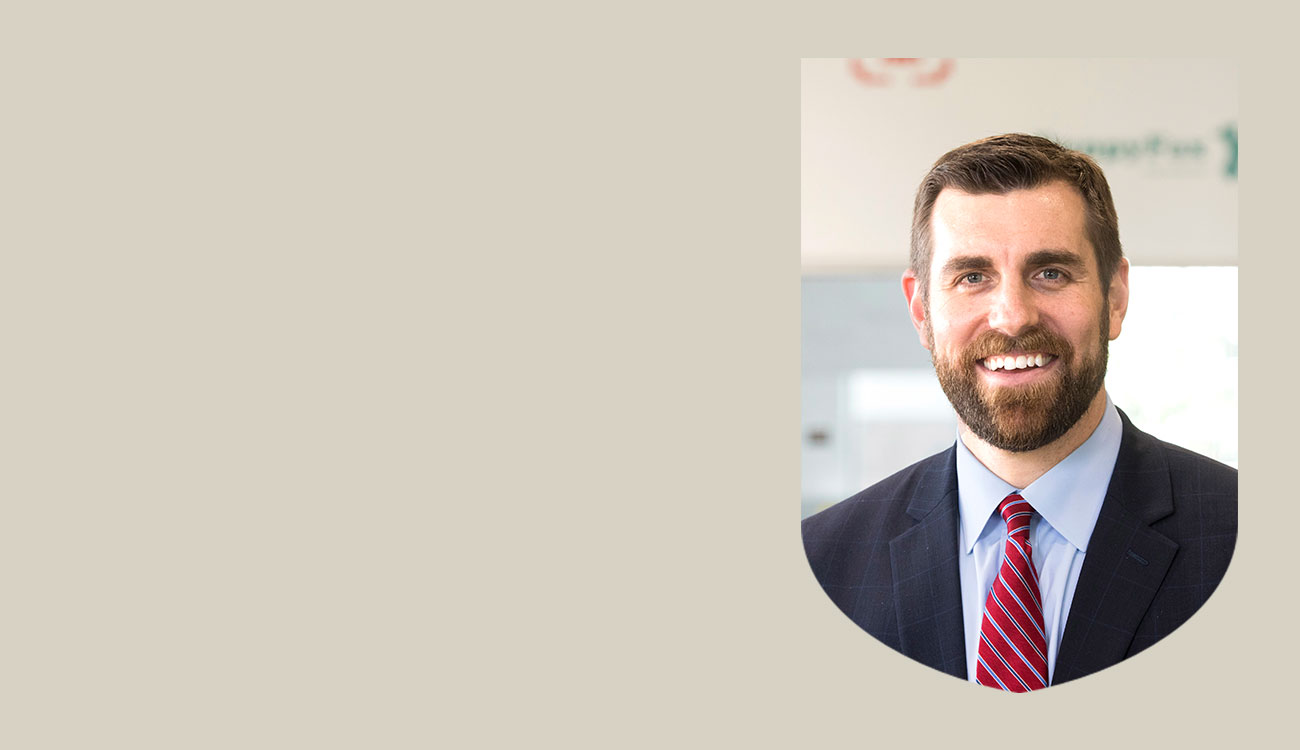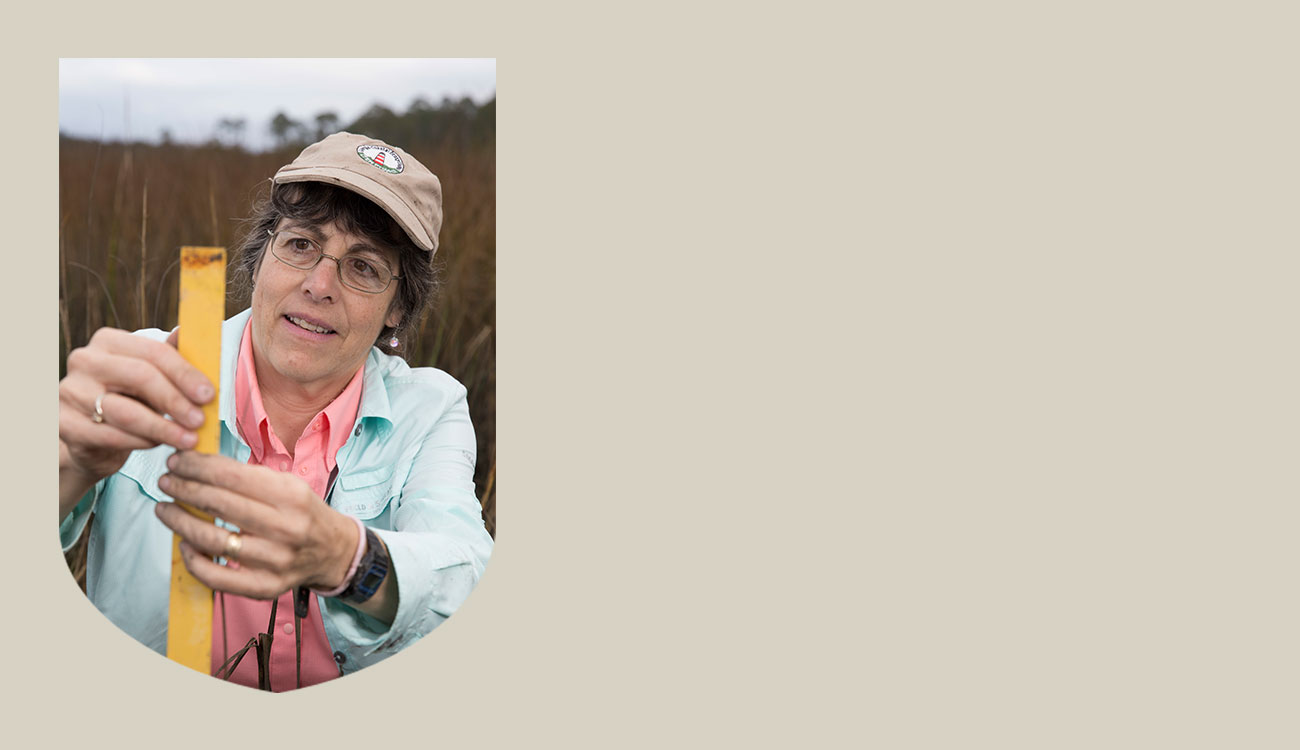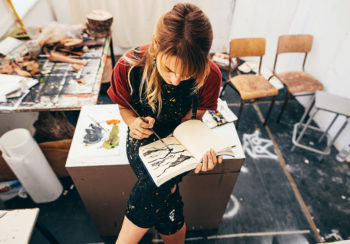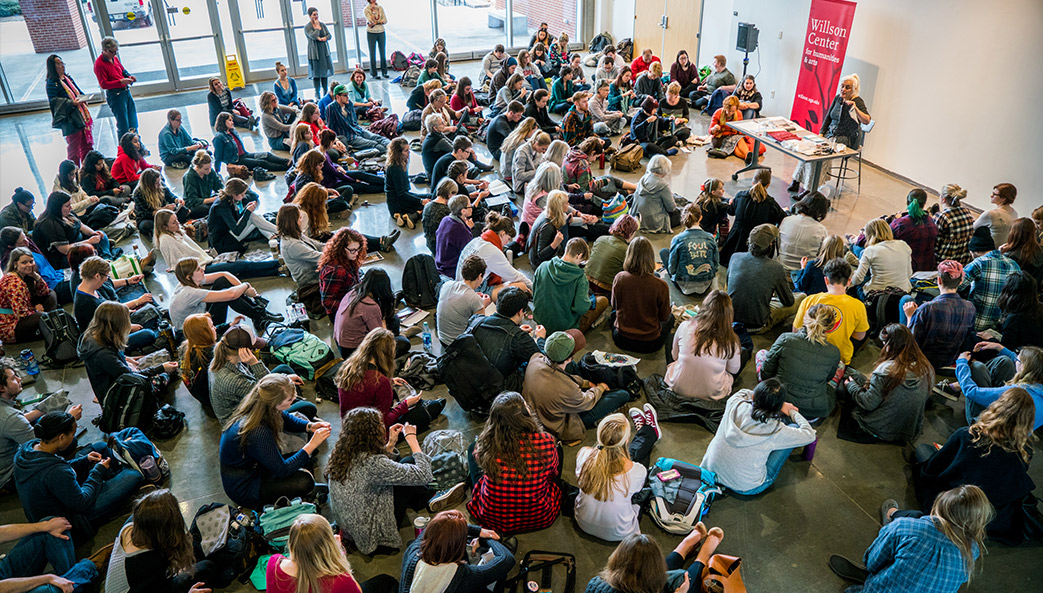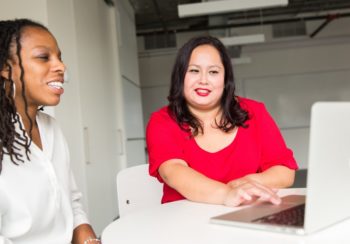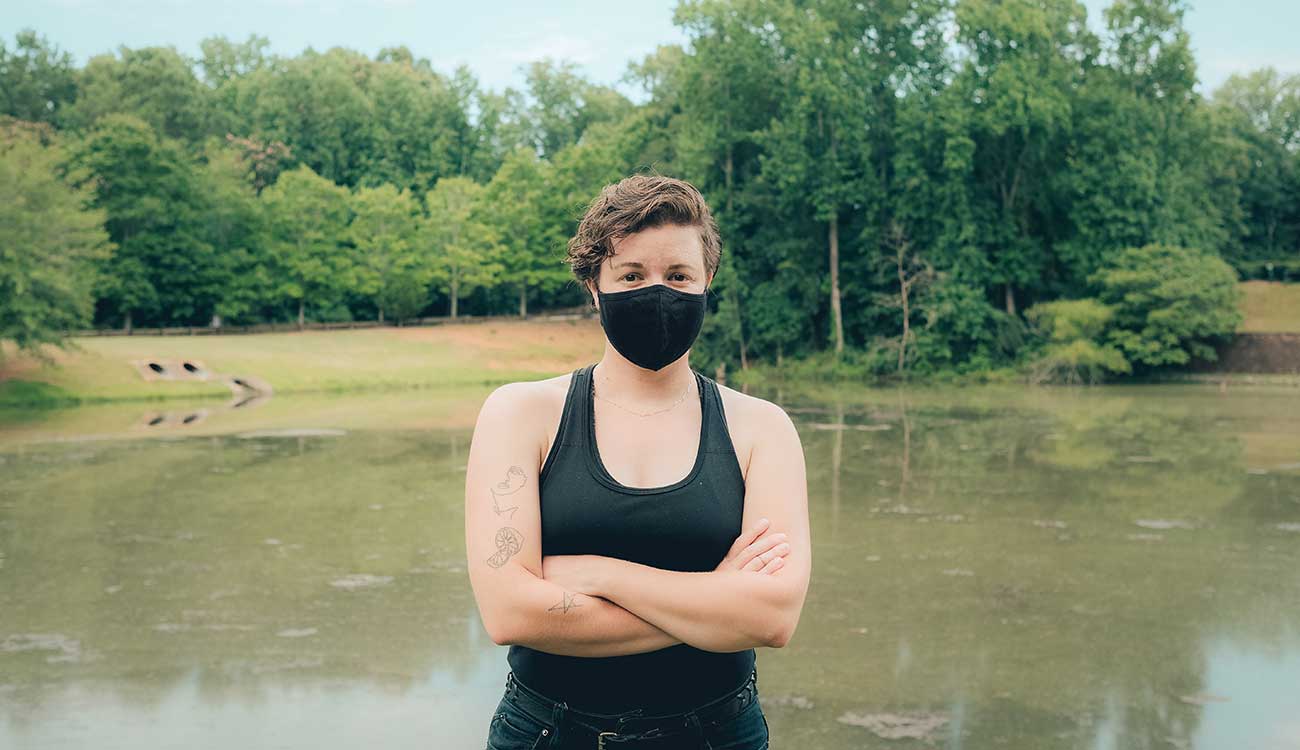
Enter the Shelter Projects, a new series of $500 micro-fellowships designed to support graduate students and community-based artists and practitioners in the creation of shareable reflections on their pandemic experience through the arts and humanities.
“The Willson Center is grateful to be part of a diverse, vibrant and creative community, which the pandemic put great stress upon,” said Allen, who holds an endowed chair in humanities in the Franklin College of Arts and Sciences. “Appreciating this, and knowing how fundamental the arts and humanities are to our collective understanding of this disaster, we wanted to support two vulnerable groups, local artists and graduate students, to negotiate this time practically and imaginatively.”
Support came from the Graduate School, the Arts Council and the Franklin College. Flagpole, the Athens alternative weekly newspaper, signed on as a partner to help spread the word of the fellowships and, ultimately, to help promote the projects when they are featured in an online exhibition during UGA’s Spotlight on the Arts festival this November. The Willson Center issued a call for submissions in late March and, in early May, 34 micro-fellowships were awarded by a committee representing the sponsoring UGA units and Flagpole.
The funded projects were selected from over 100 proposals representing more than 25 departments, schools and colleges across the university, as well as the Athens and Georgia communities at large. Selected proposals included projects in music, film/video, theater, drawing, painting, sculpture, photography, poetry, short stories, publishing and other media.
For awardees like DiCamillo, the support of the fellowships was timely and welcome.
“It gave me a little bit of breathing room,” they said.
Featured visual art
Ashley Crooks-Allen, a Ph.D. candidate in sociology, is a poet and activist who often presents their work as spoken word performance. Crooks-Allen’s Shelter Project is a series of poems reflecting on their personal experience of the pandemic and the isolation it has imposed.
“When I saw this call,” they said, “I was already in this space of thinking about how to create something that would relate to this moment we’re in and really capture that experience through me, an individual, but also as we move to this virtual encounter with others. Bringing those together was really important to me.”
Also important was the timing of the financial support.
“A lot of the usual opportunities—summer programs for youth, etc., that I would apply to—those are cancelled,” they said. “So, this has been really helpful, to be able to use this time intentionally, for creating.”
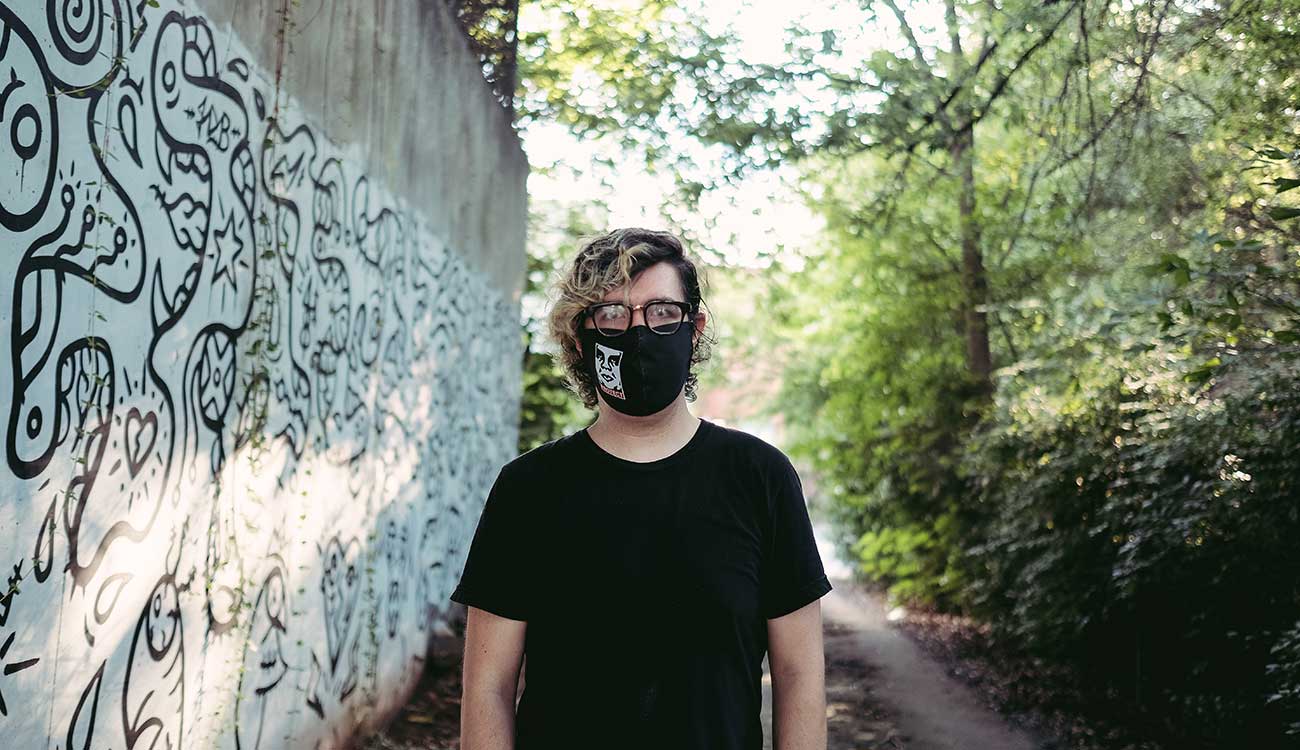
The Shelter Project award found local musician Jace Bartet in a similar bind.
“It’s not like I ‘lost my job,’” he said. “It’s like my entire world is … gone. Because I pretty much play music for a living.”
Bartet has been deeply involved in the Athens music scene since before he graduated from UGA in 2006, playing guitar in internationally acclaimed local bands including Reptar and Double Ferrari. His project is a five-minute composition for six electric guitars, which he is recording at home by multitracking his own performances.
“I wanted to make something that was representative of—this will sound so corny —the harmony between people,” Bartet said. “When you have a good feeling with people, when you hang out with them, and you like them … I think that kinship of humanity can be represented in music.”
Art is a great way to create connections between people, according to Crooks-Allen.
“Creating connections between people, I think, connecting with others, is the point of life, of getting to know people and introducing people to your experiences,” they said.
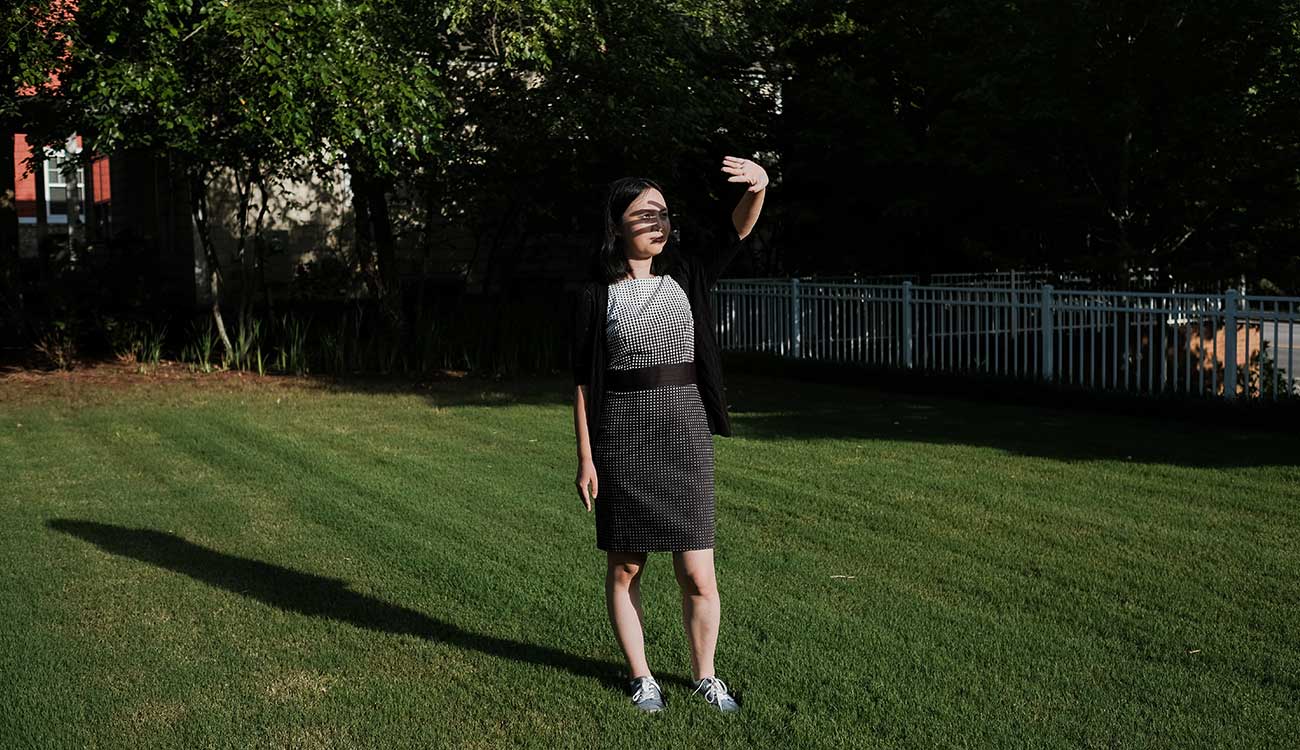
For poet Kuo Zhang, the power of art is that “it really gives us a lot of strength and makes us think about ourselves and our lives, and the relationships between different people, and how we treat other people, and how they respond to us.”
Zhang recently completed her Ph.D. in language and literacy education at UGA. A native of China who writes in her second language of English, she has published 26 poems in literary journals. Her Shelter Project is a series of poems from the perspective of a Chinese international student in the U.S. during the pandemic.
“We are experiencing a double stress: one is from the COVID-19 virus, and the other is from the society,” she said. “Because COVID-19 has definitely boosted hate crimes against Asian Americans.”
As Zhang’s assertion suggests, the COVID-19 pandemic in the U.S. has led to a rise in public awareness of racism against Asians and Asian Americans, who have been targeted with discrimination ostensibly related to the virus’ apparent origins in Wuhan, China. At the same time, the international protest movement that emerged in response to the killings of Black Americans Ahmaud Arbery, Breonna Taylor and George Floyd has foregrounded a public discourse on systemic racism.
That discourse influenced many of the Shelter Projects. The issues it addresses have always been central to the academic work and artistic practice of some fellowship recipients.
“The current racial climate is not unprecedented in the way that the pandemic was. To a degree, this is how it’s always been,” Crooks-Allen said. “The research I’m doing for my dissertation is looking at Afro-Latinx identity as people use social media in relation to the Black Lives Matter movement, specifically. This is a very interesting time to be doing that research.”
The dynamics of dominant and oppressed cultures and identities—and the ways in which they are communicated and chronicled—also informs DiCamillo.
The projects underway are so inspiring that we are asking how we might help more students and citizens express creatively their hopes for a just future, even as we help a little to make a livable present.
– Nicholas Allen, Willson Center director
Photo by Jason Thrasher
“When the pandemic hit, it upended everything,” they said, “but it more or less just pulled back the Band-Aid that we had continuously been putting over marginalized communities, saying, ‘It’s OK, because the larger structure is OK. You guys are fine because the larger structure is OK. No one’s falling apart because the government isn’t falling apart.’ And then we have a pandemic that is now threatening the bodily existence of the entire world, and we’re able to see whose bodies are the most vulnerable and whose bodies are not vulnerable at all.”
Untangling and re-imagining narratives of the past is at the foundation of DiCamillo’s creative philosophy, which in turn informs their drive to activism.
“One of the big questions of my practice as an artist,” DiCamillo said, “is, ‘What is the role of the artist within histories of violence during times when violence is being redefined?’”
Their Shelter Project is a community-sourced ’zine that grew out of an already-underway publishing project with collaborators in Bali and elsewhere in Indonesia. The micro-fellowship offered an opportunity to extend DiCamillo’s work on the ’zine to Athens, they said, in order to create a narrative of this time through media including poetry, short prose and visual art. DiCamillo continues to accept submissions for the ’zine, which will be published both in print and online, at their website and through the Athens Mutual Aid Network, which they continue to support as a key volunteer.
With most of the initial round of projects completed, submitted and awaiting the exhibition in the fall, there is hope that the Shelter Projects program will continue and evolve.
“The response to the program, and the support of our fellow partners, was enormous,” said Allen. “We’d like to expand the Shelter Projects idea to include more parts of our community. The projects underway are so inspiring that we are asking how we might help more students and citizens express creatively their hopes for a just future, even as we help a little to make a livable present.”



